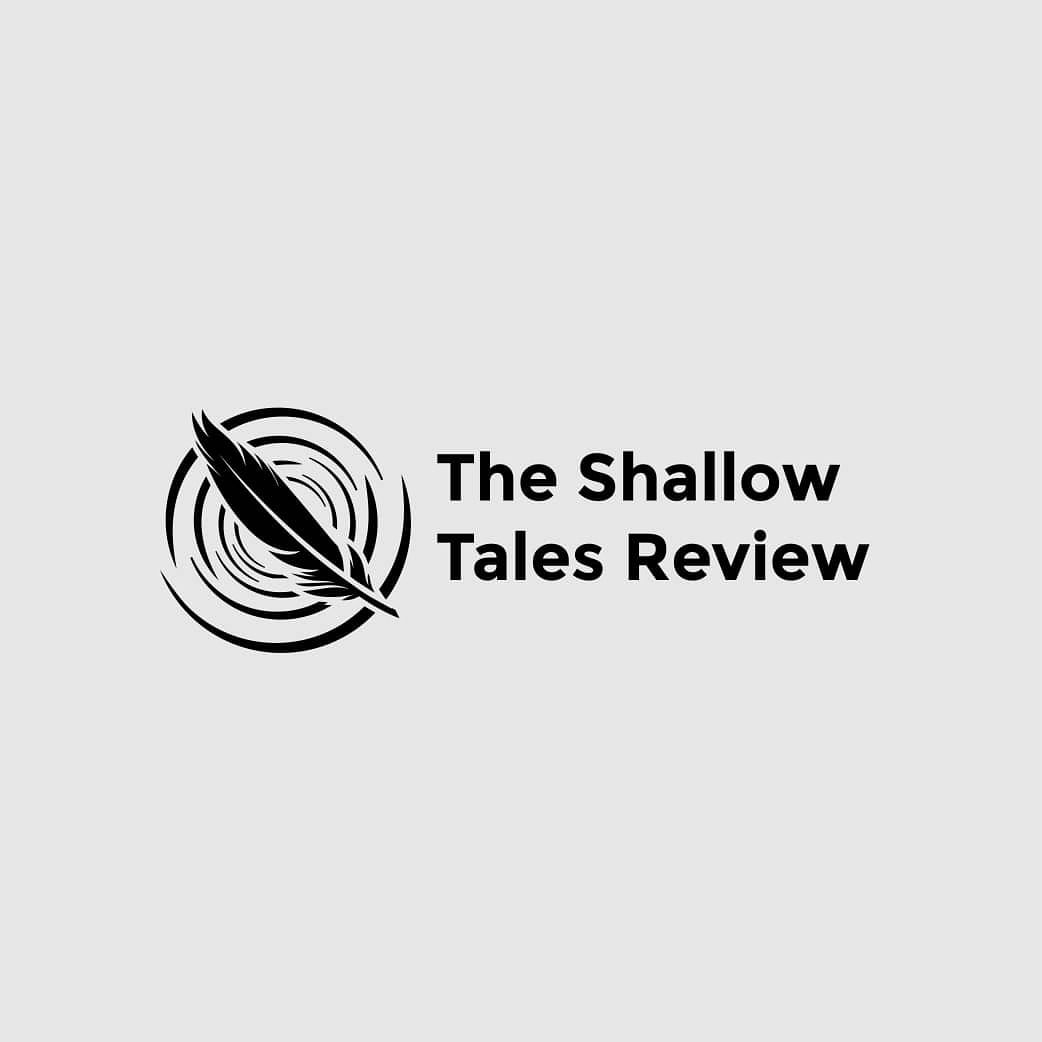EDITORIAL
There is a freedom redolent in African art today, and anyone perceptive to literary trends over the past six decades, starting some years before Things Fall Apart to its publication and going further, would understand that there has been a great difference in the acceptance of literary writers to many truths. One of these truths is the recognition that African art, music, writing and African writers have come of age. We’ve grown. We have eaten of the forbidden fruit, and now our eyes are opened. We are now more open to sexuality, religion, Diasporic relations, and introspections. We could argue that perhaps the writers of old knew this truth but chose to veil it from us. Anyway we see it, the truth remains that there is a Renaissance happening right under our nose today, and we should be proud to be a part of it.
Writers, musicians, curators and publishers alike, we are part of this history unfolding. It is indeed an exciting time to be an African writer and critic. For one, the artistic productions of today are fresher, sweeter and more evocative. They are truthful, too; far from being hypocritical. Hence, never before has there been the burgeoning need for more African-centred literary print and online publishing houses, journals, magazines, awards and prizes. We need more platforms to project these new voices ringing out today.
Last edition was themed “GRIEF.” Apt because the world was in need of some succour from the bruises from all the blows 2020 gave. This issue is different. There would be no better option after grief than coming into the pleasures of a liberation into better days. Freedom is an ideal much sought out for, craved for, fought for, and many have died in the pursuit of it. It would be a grave injustice to humanity if humans never yearn to liberate themselves from the chains that bind them. In his essay, “Stranger in the Village,” James Baldwin says: “People who shut their eyes to reality simply invite their own destruction…” Freedom is that reality we all need to embrace or else we rot in the dungeons of complacence. It must be noted here that freedom is hinged, anchored as it were, quite naturally, on death. In some regard, death is the vehicle on which liberty is driven, and so the prize for freedom invariably involves loss.
However, the race towards freedom is one towards the essence of life itself, one here or alternatively, in the Afterlife. And while the cumulative idea of freedom is relative in many sense, there is little doubt that it entails something of a movement and progression from one thing to another, from one plane to another.
As has become usual, our choice of an editorial theme came as an afterthought after a critical study of the entire works accepted in this issue, works that we thought were daring, radical, brute and blunt, usual of the new African writing. But moreso was that fact that these stories in some sense told of stories of freedom and, essentially, movement.
In Enobong Ernest Enobong’s “Black Nights,” we feel the narrator’s taste of freedom when they lay down their pain to their God. Sodïq Oyekanmi’s “Roadside” and Adepoju Isaiah Gbenga’s “Heaven. Hell. Heavell,” implicates the transcendental freedom death offers us on this side. The narrator in Zainab Iliyasu Bobi’s “I Wore my Husband’s Attire” finally resigns to the liberty wearing her dead husband’s attire gives her. It is educative, too, that while the unnamed narrator in Lazarus Panashe Nyagwambo’s A Hole in the Air awaits the freedom their grandfather’s death would bring, Sedoo in Mhembeuter Jeremiah’s Orhemba Burning Low craves for the long-awaited peace her own death would herald. Ubong Johnson’s About Amaka also speaks of the freedom the abused protagonist believes killing her husband’s mother would offer. In many of the other works also, we see how freedom is sought in death, for oneself or others.
It’s our hope that you do not view the ideas in these stories as monolithic. We would be happier if they are rather viewed with more liberal lens, ones open to understanding the multiplicity of interpretation the term might offer going further.
Nzube Nlebedim
January 2021

